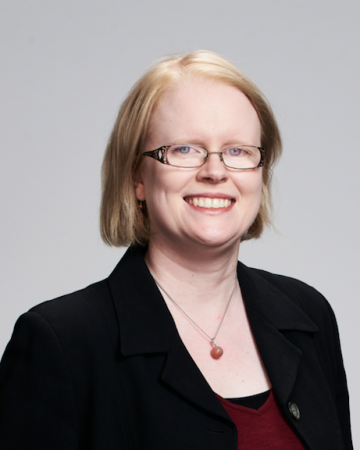Talks Practice—Maker Spaces
T-13: Innovations in Maker-Centered Education
Maker-centered Education: What are its Challenges in K-12 Schools?
The Maker Movement has attracted educators with its potential to build 21st-century skills and foster growth mindsets. Many schools have integrated maker-centered education to enhance learning, but its nature often conflicts with formal education practices. This study explored challenges and enablers teachers face when integrating maker activities into K-12 education by interviewing 21 educators from Canada and the USA. The findings confirmed existing challenges, uncovered new ones, and identified enablers and strategies to address them. The study led to the development of a guiding questions framework to support the development and effective implementation of maker-centered education programs in school settings.
Using 3D Printing to Foster Self-Directed Learning in High School
The present study examines if a 3D printing workshop results in an improvement in adolescents’ self-directed learning (SDL) and confidence in enacting 21st century skills. Fifty-five adolescent girls across four grades (7-9, 11) participated in a researcher-led six-session 3D printing design challenge where they would plan, prototype individually and collaboratively, and 3D print two iterations. Results suggest that initially lower performing students primarily benefitted with learning gains in overall SDL readiness, critical thinking, and self-efficacy. Initially high performers enacted more forethought processes and effort during sessions. Overall, students’ metacognitive evaluations improved, and they reported feeling highly responsible for their creations.
Presenter(s)

Heather A. Pearson
McGill University, Montreal

Adam K. Dubé
McGill University, Montreal
A peerScholar Enhanced Coder-Maker Experience Enabling Pedagogical Transformation in a Challenging Context
In this presentation, we will share our research framework with enhanced relationships that foster teacher Agency and research findings derived from inductive analysis with Secondary public school teachers and students in Lebanon who integrated coding, making, and peer assessment into learning. Our findings highlight the pivotal role of connectedness, which refers to the relationships and networks formed between teachers, students, and the broader educational community. The experience fostered a positive shift in relationships between teachers, between teachers and students, and with the wider educational community. Through this study, we illustrate how collaborative, technology-integrated learning can enhance educational outcomes and sustain meaningful pedagogical transformations.
Presenter(s)

Eliane Chaker Metni
University of Toronto

Steve Joordens
University of Toronto

